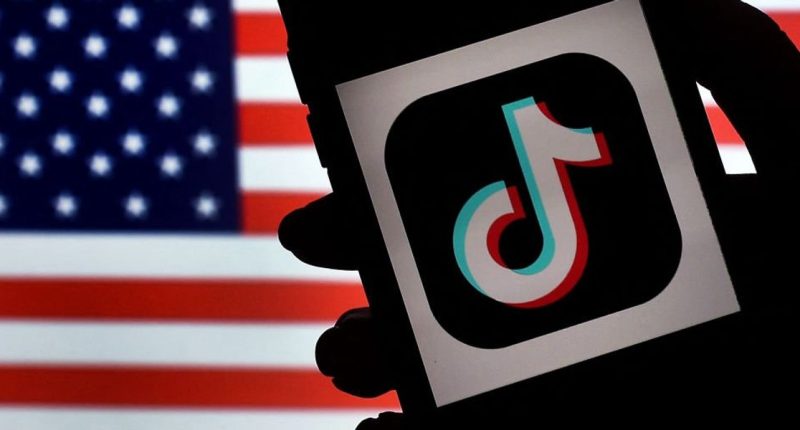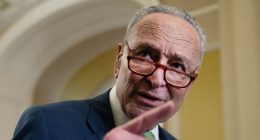
You might have heard about the Protecting Americans from Foreign Adversary Controlled Applications Act this week. On social media â and even in some headlines â itâs been referred to as the âBan TikTokâ bill.
The Protecting Americans from Foreign Adversary Controlled Applications Act addresses concerns regarding TikTokâs ties to its Chinese parent company, ByteDance. So far, itâs gained unanimous approval from the U.S. House Energy and Commerce Committee. With
a vote of 50 to 0, the committee advanced legislation that âwould make it illegal for U.S. entities to distribute, maintain or update apps or other immersive technology owned by ByteDance.â
It wouldnât just be cute girls who do silly dances (or trad wives who make cooking videos, as it were) who are losing their income. There would potentially be millions of small businesses and retailers who rely on TikTok as both an e-commerce platform and a valuable tool for advertisement and distribution.
It underscores bipartisan concern over the national security implications of allowing a major U.S. adversary like China access to Americansâ data through TikTok (and platforms like it). Introduced just days ago, the billâs swift movement through the House reflects the urgency attributed to these national security concerns. It follows a history of legislative actions aimed at curbing TikTok’s presence on federal devices and attempts by state legislatures to ban the app, including the RESTRICT Act last year.
TikTok has argued that the legislation, if enacted, could lead to an outright ban of the platform in the U.S., impacting its 170 million American users and almost 7,000 U.S. employees. In a post on X, the company has contended, âThis legislation has a predetermined outcome: a total ban of TikTok in the United States. The government is attempting to strip 170 million Americans of their Constitutional right to free expression,â warning of significant economic repercussions for users who rely on the platform for an income.
TikTok makes a salient point about the potential impact. In the last few years, itâs become a lot more than just the âdumb dancing appâ it once was (and that some legislators have recently referred to it as). Itâs easy to think that when TikTok warns that âcreators will lose an income,â they mean influencers, but the implications of this bill would be a lot further reaching.
It wouldnât just be cute girls who do silly dances (or trad wives who make cooking videos, as it were) who are losing their income. There would potentially be millions of small businesses and retailers who rely on TikTok as both an e-commerce platform
and a valuable tool for advertisement and distribution.
It would be tantamount to Etsy or eBay
and Instagram disappearing. Technically, it is possible for a small business to overcome but difficult for people who’ve already built a dedicated following.
If TikTok is banned as a result of this bill, would the government have any responsibility to assist these creators and retailers? Or would it be â in laymanâs terms, at least â a simple case of âtoo badâ? Would they have to do what millions of other Americans have done as tech evolves and bubbles burst? Platforms die organically all the time, and people lose money.
Would it matter that this time, it happened due to legislation?
Even if TikTok is as bad as its critics claim, giving the government the power to arbitrarily ban apps it doesn’t like could set a dangerous precedent.
Both the White House and House Republicans have countered TikTok’s claims, clarifying that the bill’s intent is not to ban the app outright but to ensure it does not remain under foreign control that could threaten national security. In
a post on X, Rep. Mike Gallagher (R-Wis.) responded, âTikTok is LYING to the American people about our bill. It does not ban the app, but offers them a pathway to remain in the U.S.â
And heâs right: The bill provides a framework for TikTok to continue operating in the U.S. That framework is divesting from ByteDance, thus severing ties with China.
Itâs yet to be seen if theyâre willing to sell. As it stands, it sounds like theyâre not.
Also Read More: World News | Entertainment News | Celebrity News







